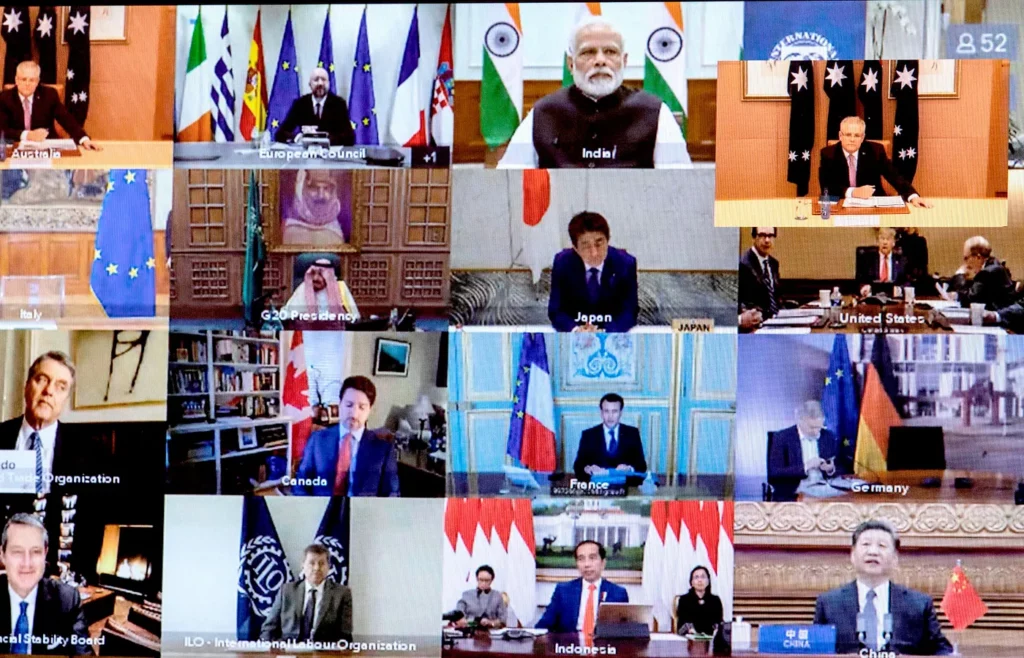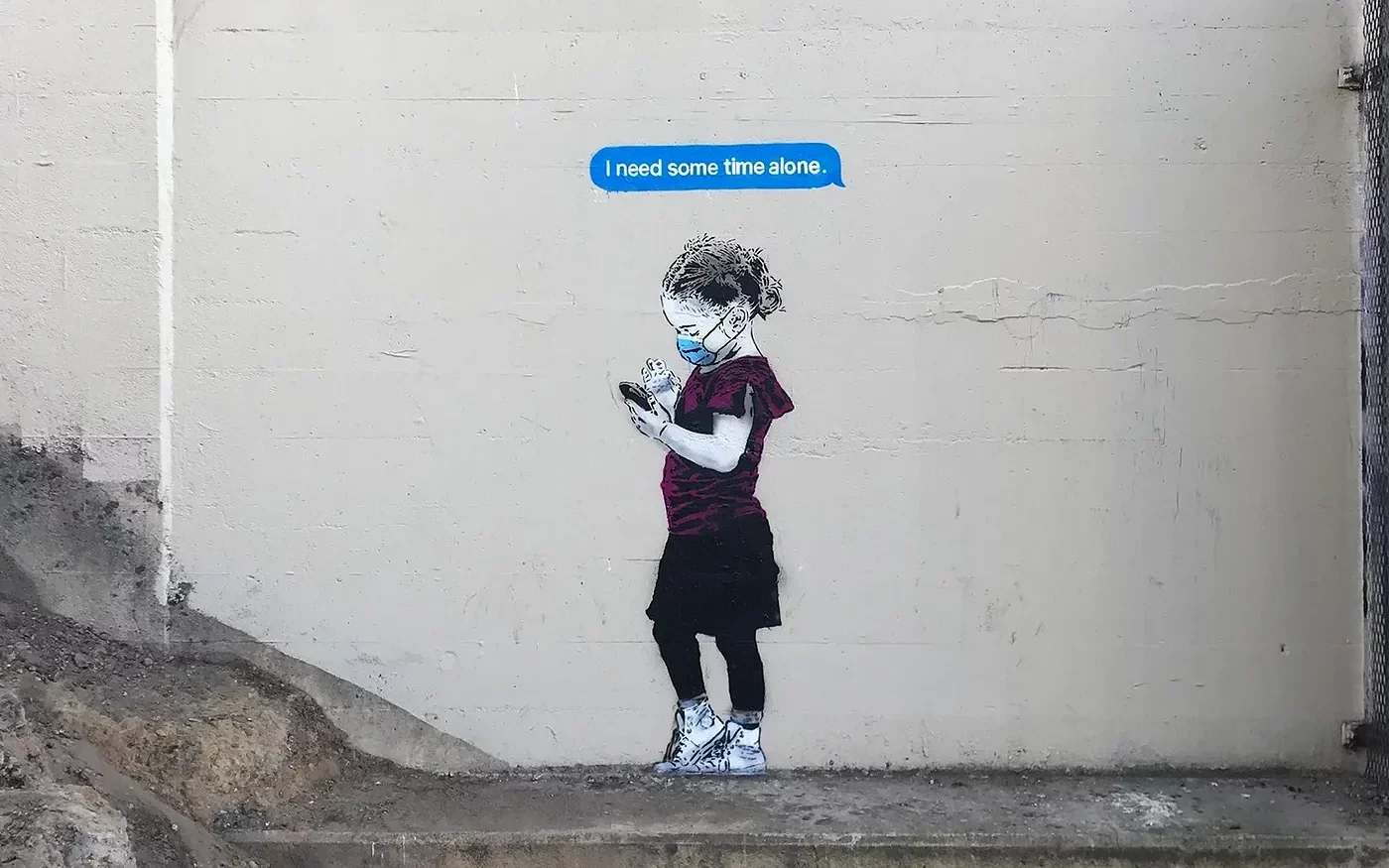Digital Revolution and the Coronavirus
The current situation is definitely a fascinating period of time, on so many levels. I would like to take the opportunity to underline how much it is also an interesting turning point regarding digital culture.
In my opinion, rarely it happened that at the exact same time, the poisonous aspect of digital technologies and their remedy side have been so extreme.
One step further in our addiction to control and fear…
Firstly, poisonous for the society as a whole, as data collection, tracking and surveillance have been pushed forward everywhere. Which in my opinion, is not a problem in itself (in many cases being able to track who is going where when there is a sanitary crisis could be helpful). But it is important to always remember this open data principle : for every new step in the digitalization of society, there should be an equivalent step in the tools offered to the citizens to monitor this public use of data. It means that you may force access to trackers on every personal device, as long as you inform the owner of its data, what it is used for, and who is using it.
Without making that effort, we are just building more control tools, and less emancipatory discussions in the long run about how we could collectively use data and artificial intelligence to transform the way we organize societies. Collectively we should be able to observe what is going on with a calm state of mind, because the decisions we are taking now would shape the future of digital societies for a while.
Then, in a more subtle manner, it is as well poisonous on an individual level, because our addiction to fear through smartphones have never been that high. In normal time, they have already been dangerous for our mental health for a variety of reasons (dispersion of attention, FOMO, etc…). Now almost any new notification is pushing in the brain a button of danger and “jump into the unknown” feeling. Our sapiens mind have not been built for that. They need some time to digest. Information is spreading fast. But if you remember Moore’s Law correctly, we are not equipped to emotionally and mentally deal with it. I would suggest that you take this as an opportunity also to monitor your own relationship with internet, and how much it has an influence over your emotional status. Maybe cutting off yourself from time to time would be helpful. Also, web crawling for news is harmful, unless you really need it. Otherwise indirect informations about only stuff that is really relevant to you (which in most case is pretty limited) should be privileged.
… one step further in our emancipation toward digital peace
Now on the remedy side, the digitalization of the world have opened up new ways to allocate resources efficiently, in a period of intense scarcity. We have seen the unfoldment of some transnational websites to cope fastly to the situation. For example think of Airbnb being able to worldly provide with empty homes for medics. This could not have been possible without a database that would reference all available places.
Certainly, the potential of moving data around instead of cars and planes have brought up new possibilities. It will take some time before we can adjust in order to efficiently work from home, but the tools in doing so have been surprisingly efficient.
As well as the tools for collective decisions. Maybe the time has come that we can trust ourselves in our ability to deal with technologies that could actually organize democracies. For a long time, online voting has been postponed. Not for computer security reasons (when you think about it, as long as you can enforce digital identity control, moving around data as simple as a name or a “yes” or “no”, is not difficult at all), but mostly for the political implications it would have. Basically by voting through smartphones, the turnout for the youth would be way higher, which would have critical consequences as usually the voters are mostly represented by the elders. Now that world leaders have taken crisis decisions through Zoom on a daily basis, it would feel strange that citizens could not vote from the confort of their confined homes.

Still on the remedy side, and most importantly, I feel that slowly consciouses have been able to evolve and perceive how much we are individually and collectively able to adapt to a radical new way of living. Thus, before the corona virus, the fast digitalization of the world (especially its consequences on job market) and the increasing global warming should have already make us flip back. But as it has occurred many times in the history of humanity, we were not ready to make a move until crisis point was reached. Now that we are there, we can start to understand that the coronavirus crisis itself will be a really small pin on the timeline of human evolution, as compared to what we must undergo to be fully digitally fluid and environmentally sustainable. But now we are reminded that we are capable of doing so. We are Darwinian animals. We know how to adapt ourselves to new conditions. Being less fearful of change is wisdom, and that will be useful if we really want to bring the implementation of digital technologies to an other level in our societies. No matter what it takes.

If nothing but all, one interesting consequence of the coronas virus is that it has brought up a feeling of shared destiny to the world. Before, we were only connected by the same online platforms we were using. The same emojis were used to express joy or grief from Antartica to the deserts of Mongolia. Now the health of one Chilean women in Valparaiso have direct consequences on the global resistance to the spread of the virus. Maybe for the first time in a long time we are able to feel in our guts that we belong to a specie, instead of a collection of nationalistic feelings. Unfortunately what was definitely missing in this crisis was an actor responsible for global leadership. If all the countries can’t agree on a common strategy to fight against a very imminent threat, how could they organize themselves for long term changes to adopt a sustainable way of living ?
In order to cope with global challenge, we need a global leadership, which has executive power. Otherwise nation-states will always favor selfish national interest.
This will be something important to remember if we want to keep planet Earth a collective home where we could all live in. And it is good know that not only we have now a common infrastructure but also a shared set of digital tools to make this delegation of authority to a more efficient entity, a reality.
Thank you if you have had the courage and patience to read through here. I believe you are already overwhelmed with analyses of the situation. I hope this one has brought up a different light.
Plus d'articles
Toward a ZenTech ethic
Is a meditation application a spiritual teacher like any other? In order to answer this question, we must first know what we are talking about. A mindfulness meditation application






